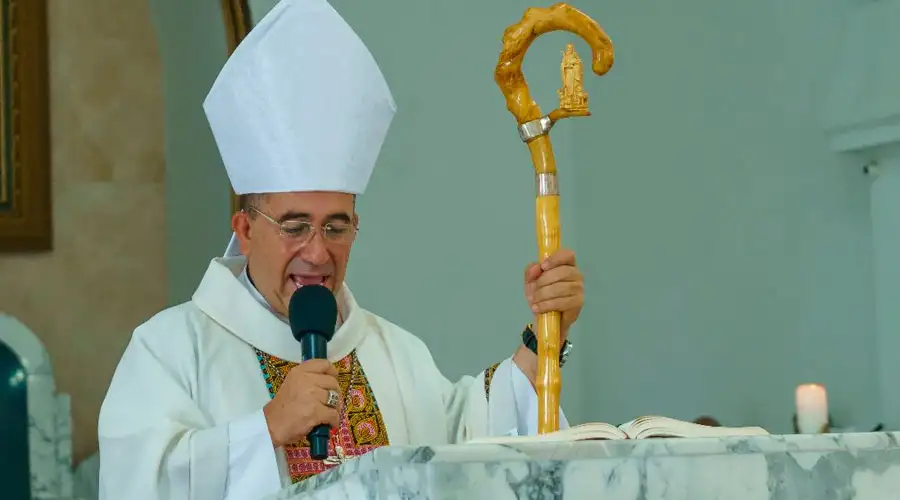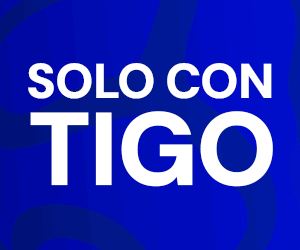Latin American and Caribbean bishops urge Christians to prioritize life over power and money, offering hope by supporting those who suffer and promoting integral human development.
Drug trafficking promotes the “dissolution of states and the rule of law, signaling the collapse of Western civilization,” the Latin American and Caribbean Catholic bishops lamented while urging the church and people to protect life over power and money and give hope by supporting those who suffer.
“The fact that drug trafficking manages to infiltrate and corrupt the power of the state, the police, the armed forces, the media, businesses, in short, all the institutions of democracy, is a cause for great concern,” the Latin American and Caribbean Episcopal Council (CELAM) said in a June 26 statement.
Drug trafficking activities “have found complicity in the financial systems, evading controls and inspections and even using decentralized financing through cryptocurrencies,” the bishops said. “Drug trafficking promotes the dissolution of states, the replacement of the rule of law with another law, that of the strongest. It is a sign of the collapse of Western civilization.”
At the service of life
Every life is sacred, and Christians and the peoples of Latin America and the Caribbean should continue working for the protection of life, “placing it above power and money,” the bishops said. “Wherever we embrace those who suffer, wherever we create the conditions for integral human development, wherever we extend the table so that everyone can eat, hope is born,” read the statement, which coincided with the June 26 observance of the International Day against Drug Abuse and Illicit Trafficking.
The bishops noted that drug trafficking networks are increasingly gaining ground, forming armies, gangs, and violent groups to control territories. This causes immense damage to young people who lose their lives to substance abuse and to families broken by this painful reality. They added that this is why CELAM created the Latin American Office for Pastoral Care and Prevention of Addiction two years ago, “to place ourselves once again at the service of life and to bring together all the spaces in the region that are committed to protecting it.”
Latin America still has the world’s largest Catholic population. The church in the region reported some 562 million baptized members in 2020, which is 41% of the world’s share.
CELAM was founded in 1955 by Pope Pius XII and is recognized for its enthusiastic support for the reforms of the Second Vatican Council (1962–1965), especially the church’s social teachings. The organization held two major conferences in 1968 and 1970, seeking ways to implement the teachings of Vatican II in Latin America. Liberation theology, which stressed social justice and human rights, is said to have taken shape from the officially recognized ideas of CELAM. Since its inception, it has promoted fraternal help among the bishops, creating a space for communion and providing pastoral support to the episcopal conferences.
Latin America’s drug trafficking crisis
Many scholars attribute the surge of drug trafficking in Latin America to the instability of the region and its complex political and social landscape, the Harvard International Review reported. Latin America has long been a region of deep inequality; in 1985, 45.6 percent of Colombians and about 25 percent of Mexicans lived below the poverty line. “The income gaps turned people towards the profitable market of illegal drugs to earn ‘easy money’ and escape a life of needs,” the review said.
Organized crime and rising violence in Latin America threaten residents’ safety and challenge governments. Despite a plateau in homicide rates and declines in violent countries like Colombia and El Salvador, the region remains grim. One-third of global murders occur in Latin America annually, often linked to organized crime. Gender-based murders are increasing, and criminal groups exacerbate humanitarian crises, including mass displacement, according to the International Crisis Group, an independent organization working to prevent wars and shape policies that will build a more peaceful world. Geography has also made Latin America a global crime hotspot. It includes three major cocaine producers—Colombia, Peru, and Bolivia—and main export points to Europe and the United States. This has fueled violence in Central America, Colombia, and Mexico for decades. Recently, changes in drug routes have increased violence in previously peaceful countries like Ecuador and Costa Rica, it said.
Almost all cocaine produced comes from the Andean region. With 61 % of total production, Colombia remains the world’s biggest cultivator of coca, followed by Peru (26 %) and Bolivia (13 %), according to the European Parliament Think Tank. Recent political instability in Andean countries has coincided with worsening public security and rising cocaine supplies. Ecuador, in particular, has seen dramatic security deterioration, with the homicide rate increasing from 13.7 per 100,000 people in 2021 to around 45 in 2023, making it one of the top three most violent countries in Latin America, it said. (https://international.la-croix.com/world/latin-american-bishops-call-for-safeguarding-life-stop-drug-trafficking)





































